Description
Introduction to Lion Sugar Gliders
Lion sugar gliders, a distinctive variation of the common sugar glider, have garnered significant attention as exotic pets over the past few years. These small marsupials, native to Australia and New Guinea, are characterized by their remarkable physical features, including a slightly larger body size and unique coloration that sets them apart from their cousins. With soft, velvety fur and a distinctive mane of hair reminiscent of a lion, these gliders exhibit a dazzling array of hues, including grays, browns, and creams, lending them an exotic allure that attracts potential pet owners.
Beyond their striking appearance, lion sugar gliders are notably playful and social creatures. They possess a gentle temperament, which makes them increasingly popular as companion animals. Known for their agility and curious nature, these creatures thrive on interaction and stimulation, which is essential for their well-being. In a domesticated setting, lion sugar gliders require a suitable environment that mimics their natural habitat, complete with climbing structures, hiding spaces, and opportunities for socialization with their owners or other gliders.
Their popularity among animal enthusiasts is partly due to the unique bonding experience that occurs between these animals and their owners. Lion sugar gliders are highly social beings and can develop strong attachments, thriving on companionship. However, prospective owners should understand the commitment involved, as these creatures can live up to 15 years or more, demanding consistent care and interaction. Furthermore, understanding their dietary needs and environmental requirements is crucial to ensure a healthy, happy life for these pets.
Overall, lion sugar gliders present an exciting option for those seeking an exotic pet. With proper care and the right environment, they can be wonderful additions to any household, bringing joy and companionship to their owners. Their unique characteristics and playful demeanor create an extraordinary bond, making them a desired choice among pet enthusiasts.
Care Requirements for Your Lion Sugar Glider
Caring for lion sugar gliders necessitates a comprehensive understanding of their specific needs and preferences. One of the primary aspects of their care is their dietary requirements. These marsupials thrive on a balanced diet that mimics their natural foraging habits. A combination of fresh fruits, vegetables, and specifically formulated sugar glider pellets is recommended. In addition, protein sources, such as cooked chicken or insects, should be included regularly to ensure their nutritional needs are met. It is important to avoid sugary foods that can lead to obesity and health issues.
Creating a suitable housing environment is crucial for the well-being of lion sugar gliders. They require a spacious, multi-level cage that allows for climbing and exploring, mimicking their natural habitat. A minimum cage size of 24” x 24” x 36” is recommended, ideally with horizontal bars for climbing. The cage should be equipped with various enrichment items such as shelves, branches, and safe toys to stimulate their minds and encourage physical activity. Additionally, maintaining a temperature range of 70 to 80 degrees Fahrenheit is essential, as these gliders are sensitive to extreme temperature fluctuations.
Social interaction plays a vital role in the health of lion sugar gliders. These animals are inherently social creatures and thrive in pairs or groups. If considering a pet lion sugar glider, it is advisable to adopt two, as this helps to prevent loneliness and promotes healthy bonding. Regular interaction and gentle handling are necessary to foster trust and companionship. Establishing a routine that includes playtime outside the cage and bonding exercises can significantly enhance their socialization and prevent behavioral issues that stem from boredom or stress.
Health Considerations for Lion Sugar Gliders
Caring for a lion sugar glider involves understanding various health aspects that are essential for its well-being. As these unique pets are social and active creatures, they require specific attention to ensure a healthy and fulfilling life. One of the primary health concerns for lion sugar gliders is obesity, which can result from a poor diet or lack of exercise. It is crucial to provide them with a balanced diet rich in fruits, vegetables, and protein sources to prevent this common issue. Owners should also be aware of other potential health problems, such as dental issues, respiratory infections, and parasites.
Preventative care is vital in maintaining the health of your lion sugar glider. Regular veterinary check-ups allow for early detection of any medical conditions that may arise. A veterinarian experienced in exotic animals can provide vaccinations, perform dental cleanings, and offer advice on nutrition and care practices. During these visits, pet owners can ask about specific signs of illness to watch for, such as lethargy, changes in appetite, or abnormal behavior, which can indicate underlying health problems.
Furthermore, the importance of acquiring a lion sugar glider from licensed breeders cannot be overstated. Purchasing from reputable sources, such as those listed on affen-kaufen.com, ensures that your new pet has received appropriate medical care, including vaccinations and genetic screening. A healthy sugar glider purchased from a trusted breeder is less likely to develop health issues and will adapt better to its new environment. In conclusion, prospective owners should prioritize their lion sugar glider’s health through knowledgeable care, preventive measures, and responsible sourcing to enjoy a long, happy companionship.
The Process of Buying a Lion Sugar Glider
Purchasing a lion sugar glider is an exciting venture that requires careful consideration and thorough research. The first step in acquiring one of these unique pets is to identify a reputable seller. It is imperative to choose breeders or pet shops that are known for their ethical practices, prioritizing the health and well-being of their animals. A good seller will be transparent about their breeding practices and provide insight into the lineage of the sugar gliders they offer.
Documentation is a key factor when buying a lion sugar glider. Buyers should request detailed records that include the animal’s age, health history, and vaccinations. This documentation not only verifies the sugar glider’s health status but also serves as assurance that the animal has been raised under proper conditions. Furthermore, it is advisable to inquire about any health guarantees offered by the seller. Reputable breeders often provide guarantees that ensure the sugar glider is free from genetic defects or common health issues, which is essential for long-term pet ownership.
Another important consideration is the method of transport. If you are purchasing a lion sugar glider from a seller located far from your residence, it is crucial to discuss shipping options. Ensure that the seller follows humane practices for transporting animals, as stress-free travel is vital for the health of the sugar glider. Verify that they utilize appropriate carriers, monitor temperature, and provide food and water during the transit process.
To explore a wide range of lion sugar gliders available for purchase, along with their corresponding qualifications, consider visiting https://affen-kaufen.com/. This platform offers a variety of choices and can facilitate an informed decision process for prospective sugar glider owners.
Frequently Asked Questions (FAQs) about Lion Sugar Gliders
As potential owners of lion sugar gliders explore their options for adopting these unique pets, they often have numerous questions. This section addresses ten frequently asked questions, covering essential topics including lifespan, dietary preferences, social needs, and care requirements.
1. What is the average lifespan of lion sugar gliders?
Lion sugar gliders typically live between 10 to 12 years in captivity when properly cared for. Factors such as diet, environment, and social interaction significantly affect their lifespan.
2. What do lion sugar gliders eat?
These marsupials thrive on a varied diet that includes fresh fruits, vegetables, and protein sources like insects or specially formulated pellets. A proper diet ensures their health and vitality.
3. Are lion sugar gliders social animals?
Yes, lion sugar gliders are extremely social creatures. They thrive in the company of their own kind and require social interaction. It is often recommended to adopt at least two to prevent loneliness.
4. Can lion sugar gliders be litter trained?
While it may take time and patience, many owners successfully litter train their lion sugar gliders using specific materials that they prefer, thus maintaining a cleaner habitat.
5. Do lion sugar gliders require a large cage?
A spacious cage is essential for lion sugar gliders, providing ample room for climbing and gliding. A recommended minimum size is often 3 feet tall and 2 feet wide.
6. How much time do I need to spend with my lion sugar glider?
These pets require daily interaction, ideally for at least an hour each day, to build trust and bond with their owners.
7. Are lion sugar gliders noisy?
While they do make sounds, such as chirps and barks, most owners find them manageable. Noise levels can vary, with some individuals being quieter than others.
8. Can my children interact with lion sugar gliders?
Yes, children can interact with lion sugar gliders, but supervision is crucial. Teaching children gentle handling techniques helps ensure both their safety and that of the pet.
9. Are lion sugar gliders prone to any specific health issues?
Lion sugar gliders can be prone to health issues such as obesity and dental problems if not cared for properly. Regular veterinary check-ups are recommended.
10. Where can I find more information about lion sugar gliders?
For more detailed inquiries and listings about lion sugar gliders, visit affen-kaufen.com. This resource can provide additional guidance and support for prospective owners seeking to welcome these charming creatures into their homes.
By addressing these frequently asked questions, we hope to provide clarity and reassurance for those considering lion sugar gliders as pets. Understanding their needs and behaviors can lead to a fulfilling companionship.


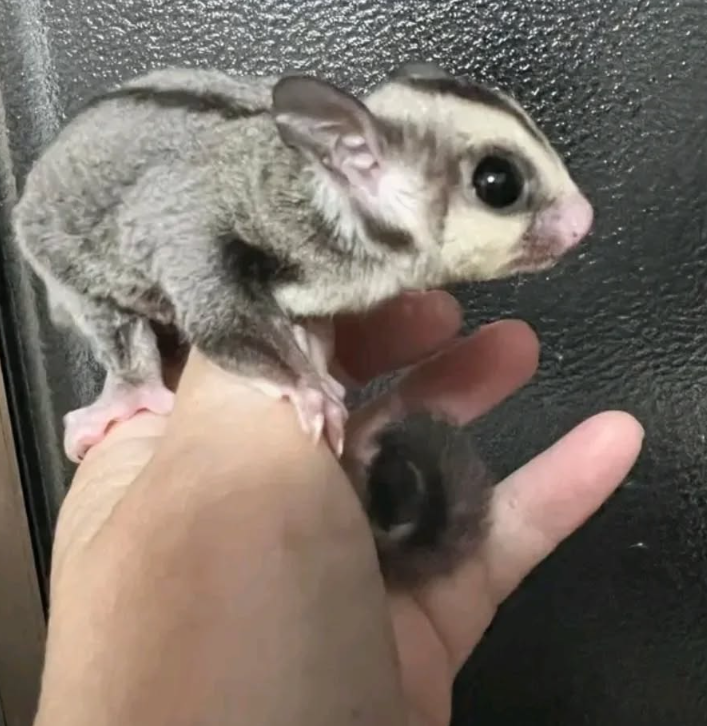

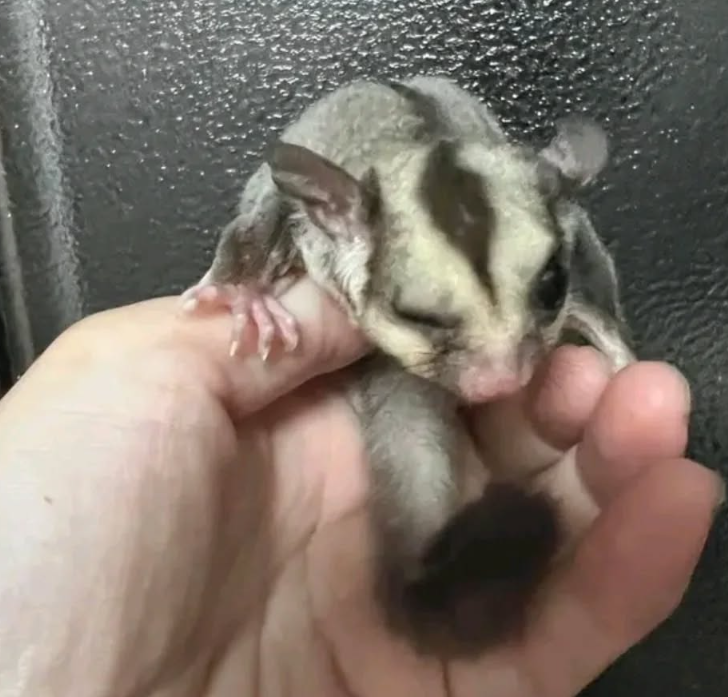
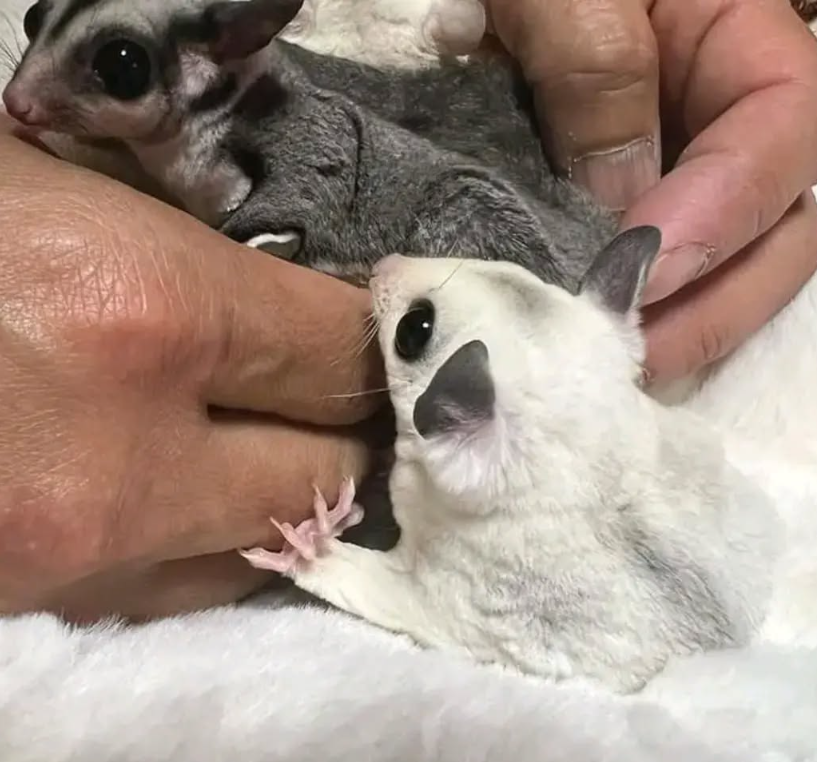
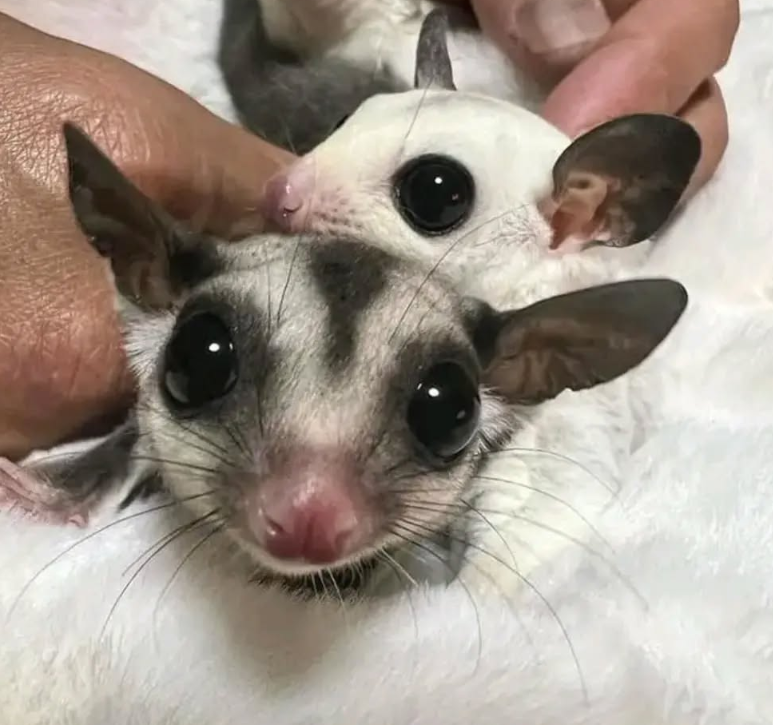


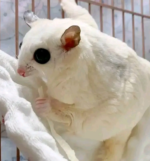
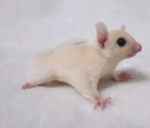
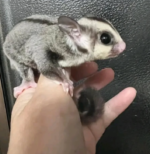
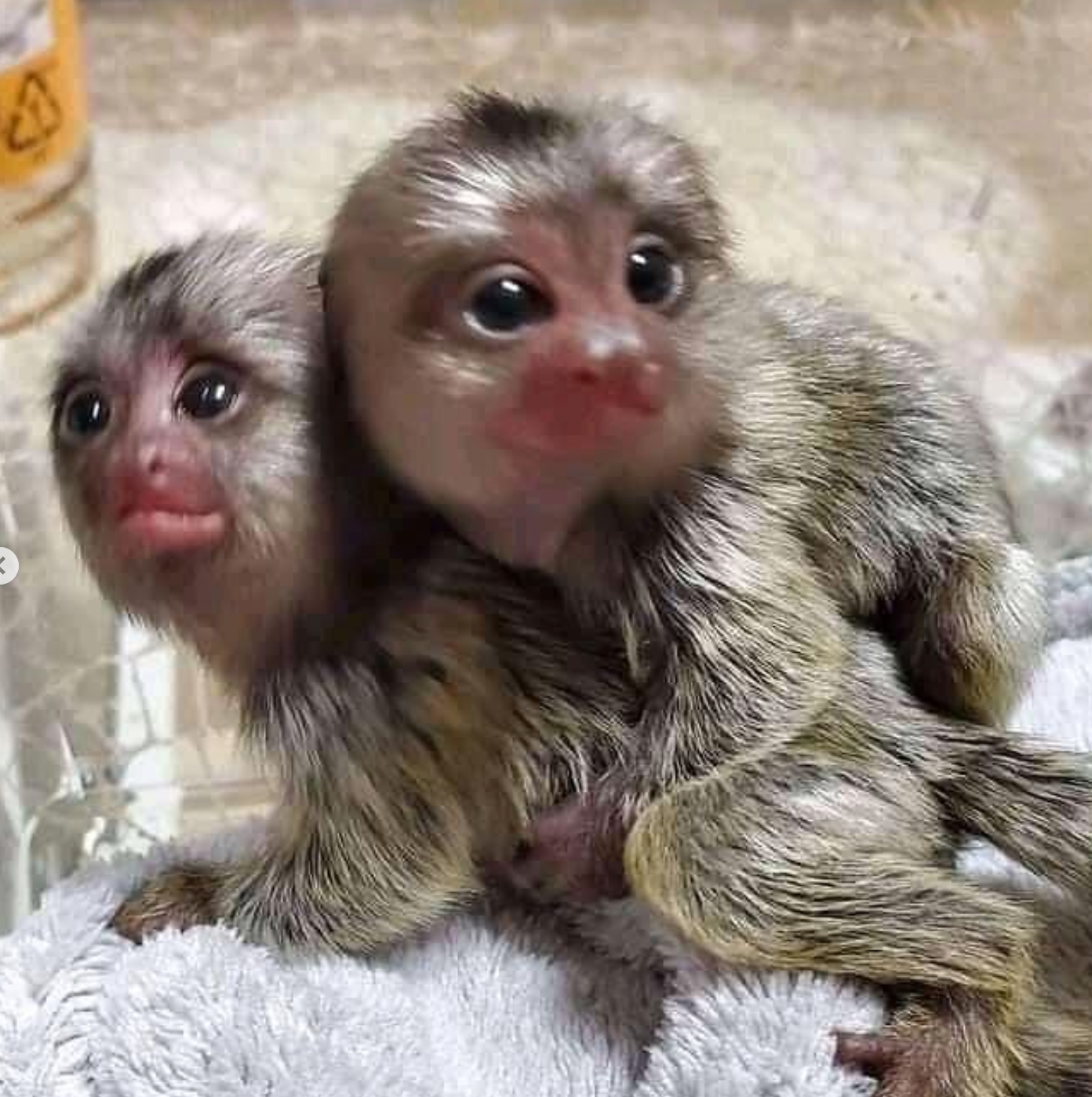
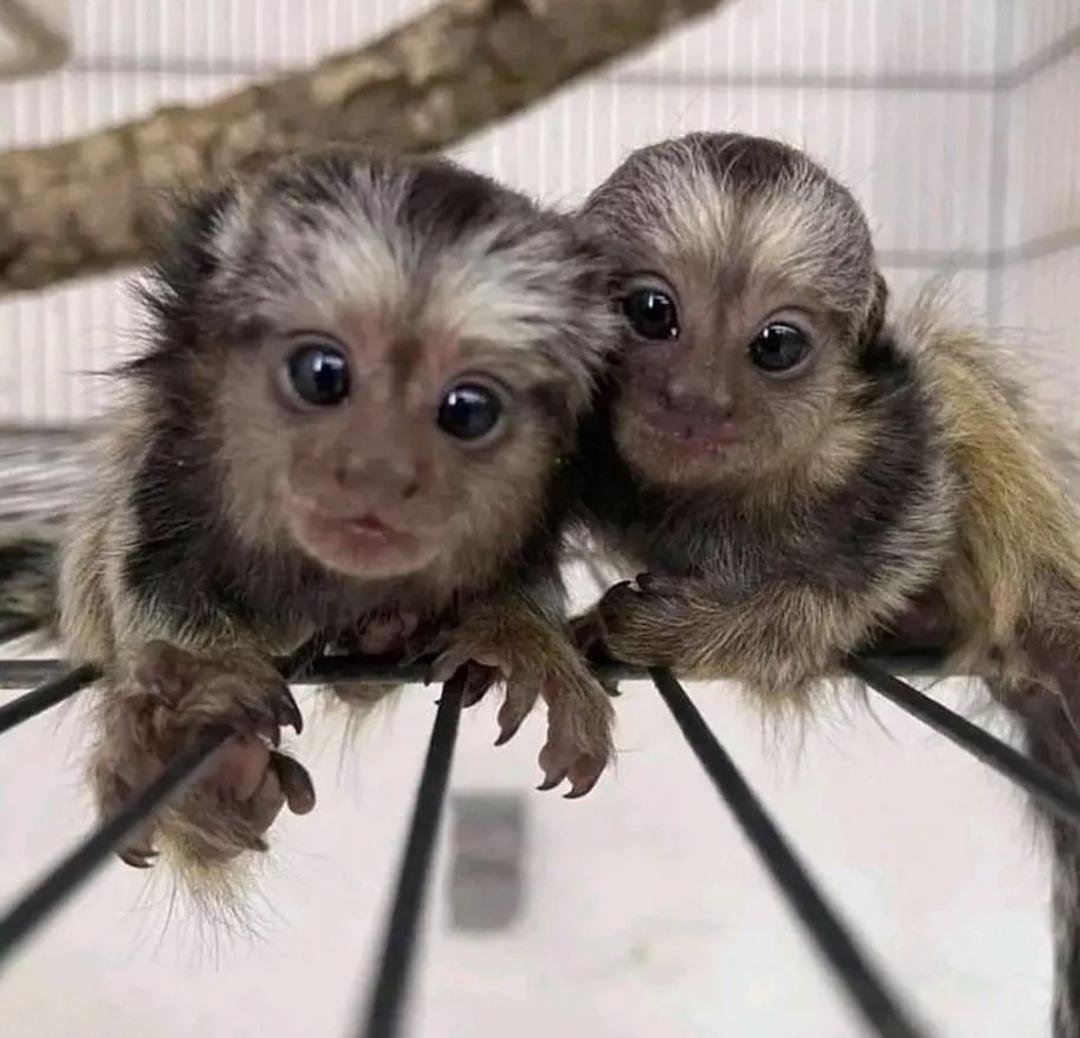
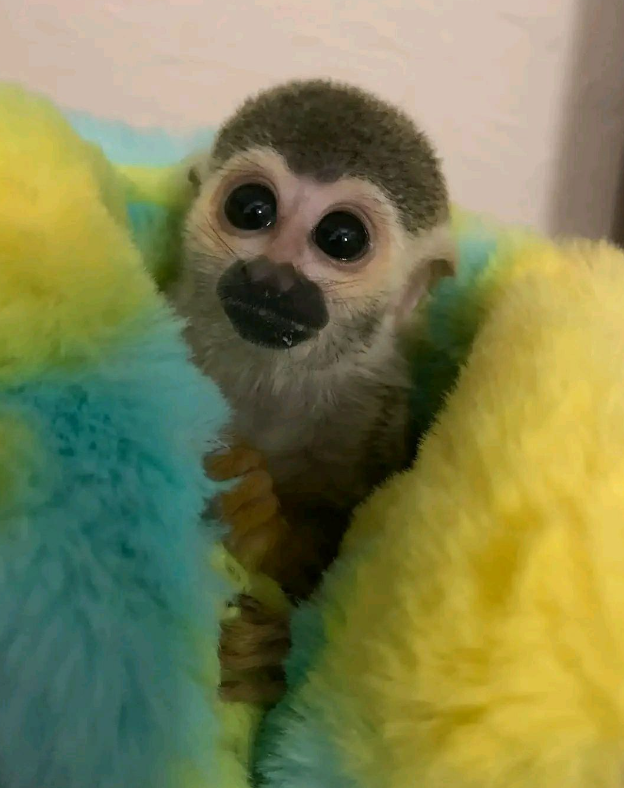
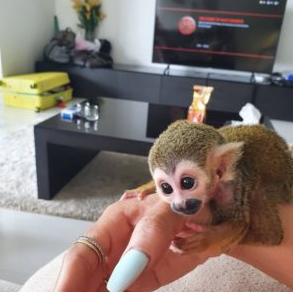
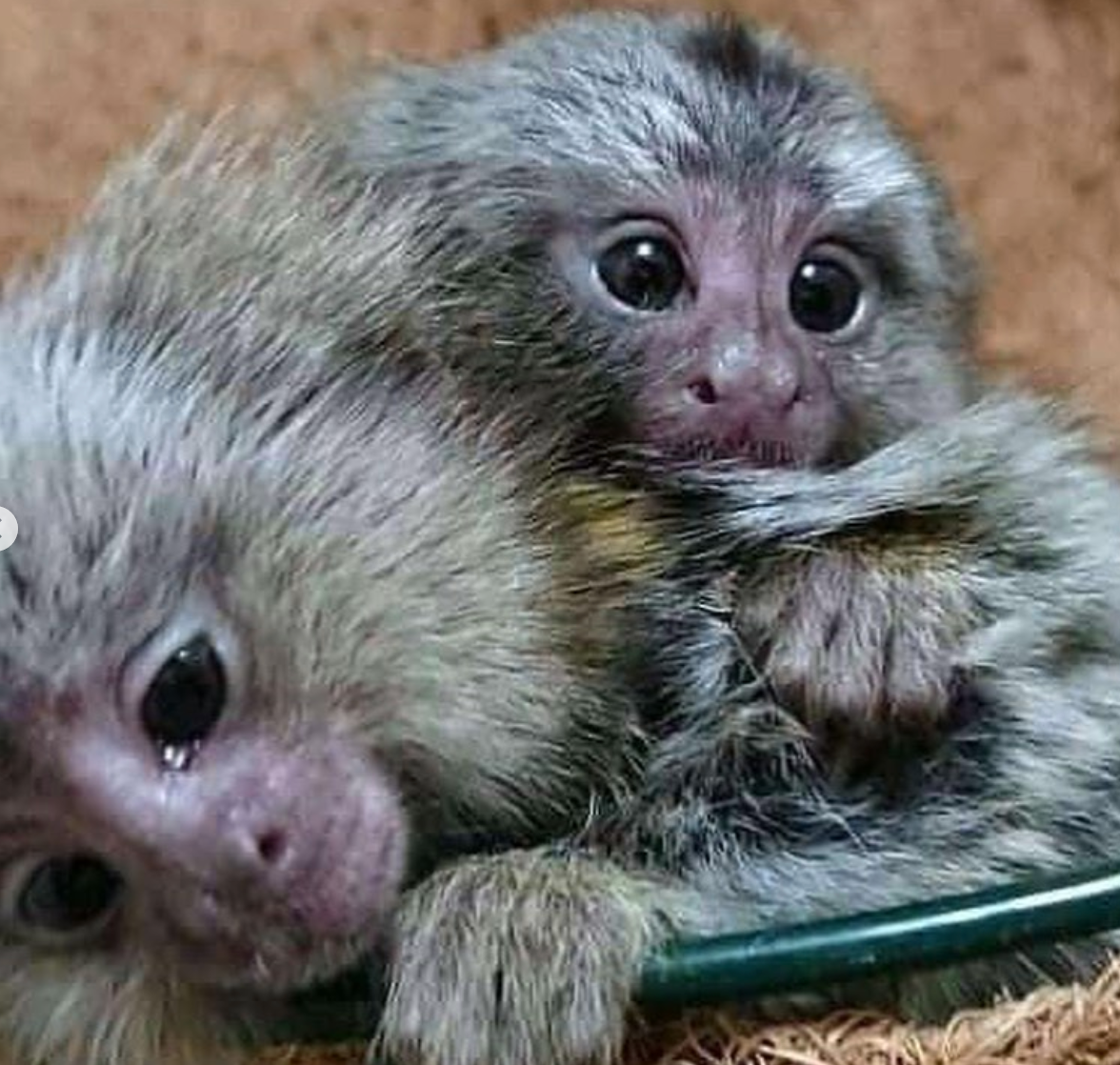
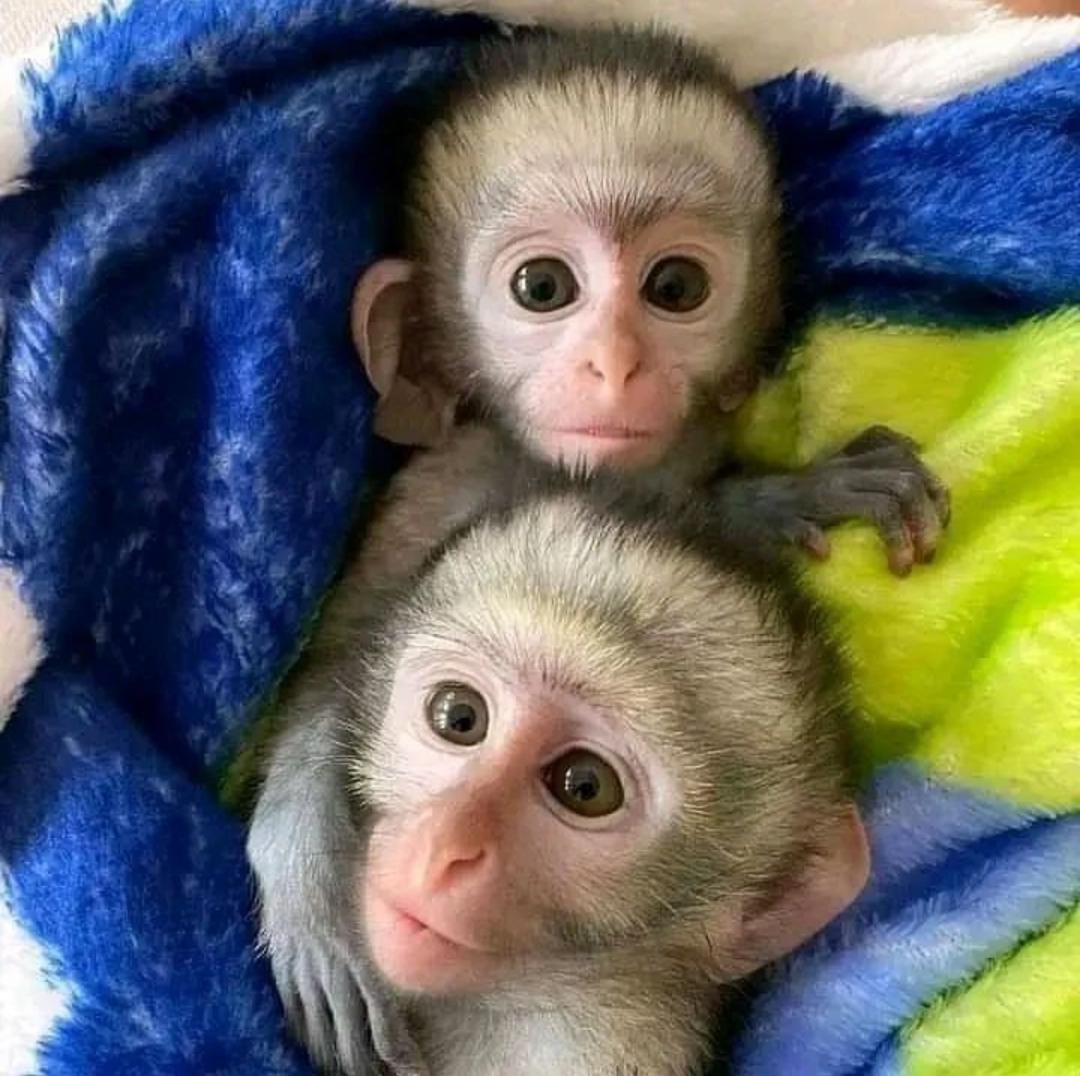
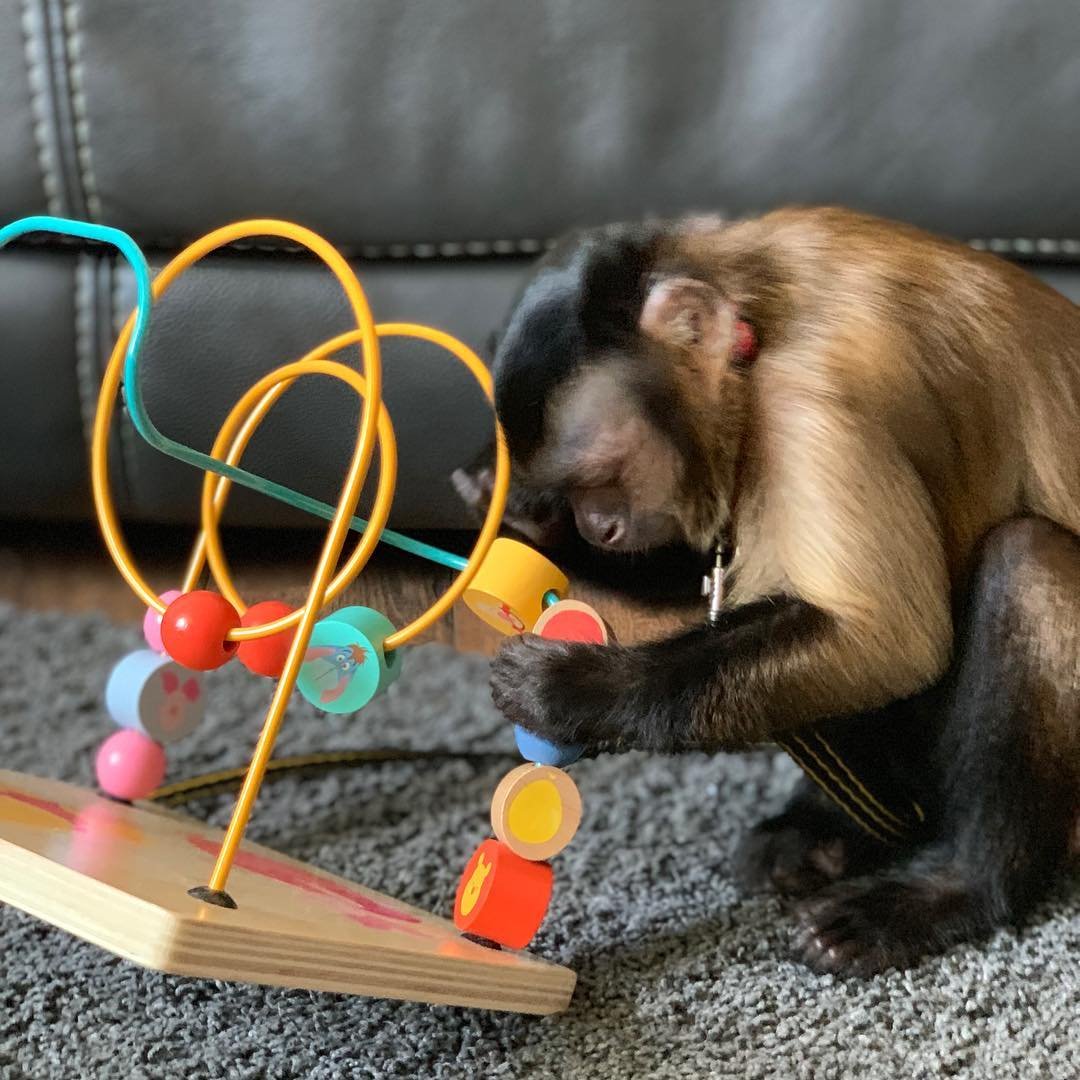
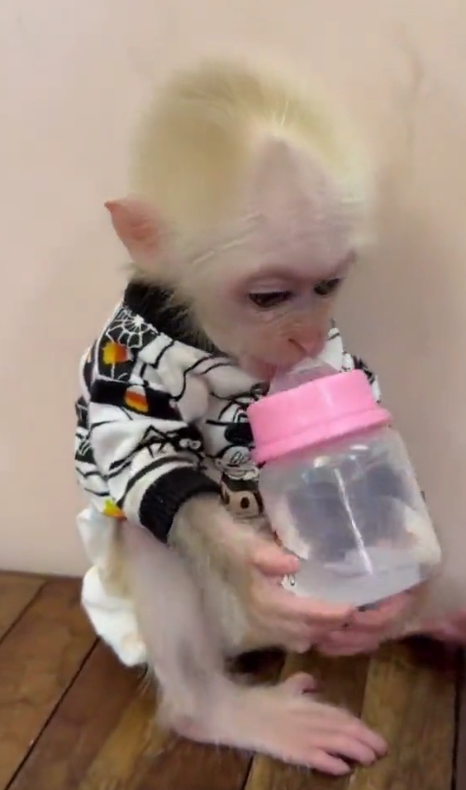
Reviews
There are no reviews yet